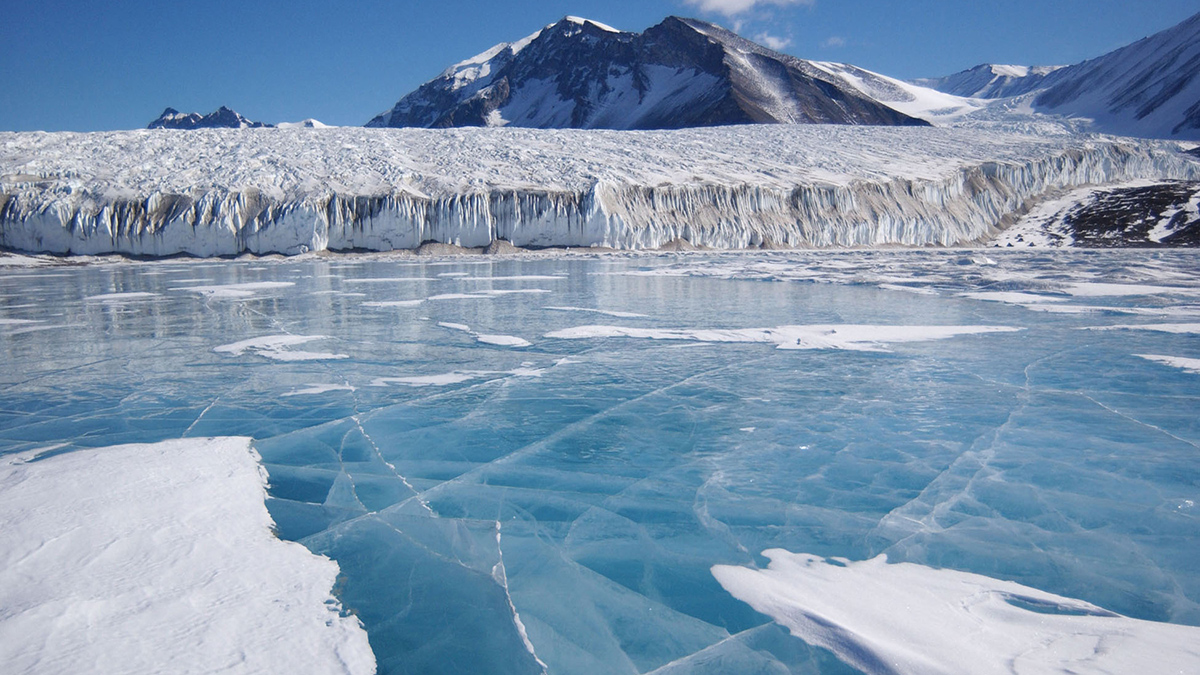Es gibt mehrere zum Teil einfache Prinzipien der Rückkopplung bei dem Klimawandel .
1. die Eis-Albedo-Rückkopplung
2. Die Rückkopplung im Zusammenhang mit den Schwankungen der Milankovitch Zyklen. Das geschieht so, dass einmal die Sonne die Atmosphäre und die Meere oberflächlich erwärmt. Die Meere transportieren diese Erwärmung in die Tiefe. Daraufhin wird mehr CO2 freigegeben. Das wiederum führt zu einer weiteren Erwärmung. Dadurch erklärt sich die Verzögerung der Kurven zwischen Temperatur und CO2-Gehalt bei den Eisbohrkernen. Konkret bei Vostok.
3. Wenn sich das Meerwasser erwärmt, gibt es mehr Wasserdampf ab. Dies kann in der erwärmten Atmosphäre ebenfalls mehr gehalten werden. Die Verdampfung von Wasser speichert viel Energie, nämlich ca 420 kilokalorien pro Kilogramm Wasser. Diese Energie und der höhere Wassergehalt der Luft führen zu extrem Ereignissen wie Starkregen und schweren Stürmen.
Und hier noch ein besonderer Fall: ENSO - El Niño - La Niñna im Jahre 2020

